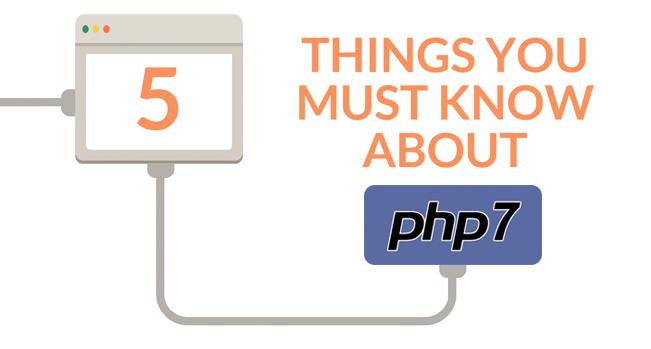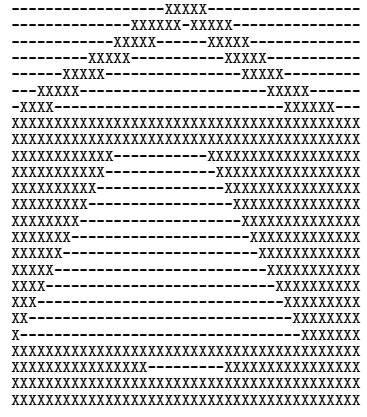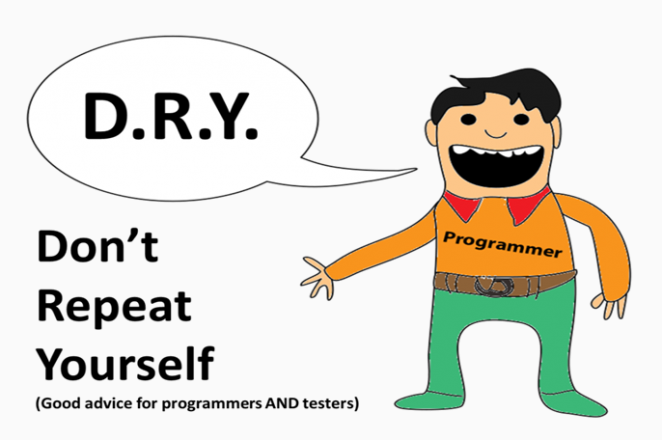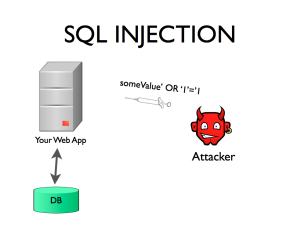As someone who has recently entered into the world of web development, you might have come across a wide collection of programming languages which have their own unique set of pros and cons. PHP is an immensely used and highly recommended programming language which has been effectively utilized for developing out-of-the-box websites and web applications. The programming language has matured over the years and keeps on broadening its regime by catering users with new and exciting features. This is a post which will make you familiar with some of the best PHP development practices that are worth a consideration for your upcoming PHP web development project. Hope you'd find these practices easy-to-follow.
1. Always use a current version of PHP

It is quite depressing that a small number of PHP installs are current or maintained in their latest version. While this can be due to un-managed defaults or the shared hosting restrictions, it is essential for you to use the latest version of PHP. Additionally, you should also make all arrangements for scheduling regular updates of both PHP as well any plugins/extensions that you might be using. With an upgraded software, you receive improved development speed, security features, lower memory usage and new language features.
2. Maintain proper documentation of all your code

It's quite common to see even the seasoned php developer not focusing on writing logical and easy-to-interpret comments for their codes. This is something which must be avoided as a whole. You must ensure to write proper comments and maintain an elaborate documentation of the same. Doing this would not only allow other programmers to understand your code better but will even help you in remembering what you've written once you settle down for reviewing the code in the future.
3. Opt for utilizing the DRY(Don't Repeat Yourself)

Approach Dedicated to the coding part involved with PHP development, DRY (Don't Repeat Yourself) is an approach used for cutting down redundancy in code. For instance, using a particular piece of code at multiple places will probably make it time-consuming and tedious for you to correct any bugs/errors arising out of a wrongly-used parameter etc. Moreover, if you're interested in changing the database configuration, then also using the DRY approach will serve as a handy choice.
4. Avoid using Short tags

There is a good majority of programmers which opts for a shortcut way of declaring PHP.
5. Be wary of any SQL Injections occurring within the scripts

On entering an input for a particular field on the web page, if the same doesn't get validated, an SQL attack(also known as SQL Injection) occurs. That means, due to poor data validation, an attacker(who has an access to your site's database) can easily create a fake superuser for your database and make unwanted changes to it. In order to prevent such issues, you can use the mysqli_real_escape_string() or opt for executing a prepared statement with the help of “PDOStatement::execute”.
6. Pay special attention to white spacing, indentation and line length
While writing code, do pay special attention to the right indentation, line lengths and white spaces. Ensure to keep an indent of 4 spaces. Avoid using Tab simply because different computer systems have different Tab settings. Also, try keeping the line length less than 80 characters to ensure that the code is easy-to-read for you as well as other developers who might be working on your project at a later stage.
7. Don't place phpinfo()
In the webroot When placed on the server, phpinfo() allows you to explore everything about the server environment. However, placing a file containing phpinfo() on your server's webroot will perhaps make your server susceptible to the hackers' attacks. Therefore, it is advised to place phpinfo() at a secure place within your file and delete it immediately after you're done with working on your file.
8. Don't skip trying your hands on multiple PHP frameworks
Although PHP comes equipped with a wide array of libraries and tools for meeting your varied web development requirements, you might have to look for third-part resources while beginning to work on your project. It is here that the role of PHP frameworks comes to play. Don't forget to try out multiple PHP frameworks like: FuelPHP, Yii, Phalcon, Zend, CakePHP, Laravel, Symfony, Codeigniter etc. These PHP frameworks would allow you to create brilliant websites and web applications without the need for becoming a PHP professional.
Conclusion I'm sure after learning about these best PHP development practices, it'd become feasible for you to execute varied web development projects with a brand new level of zeal.


